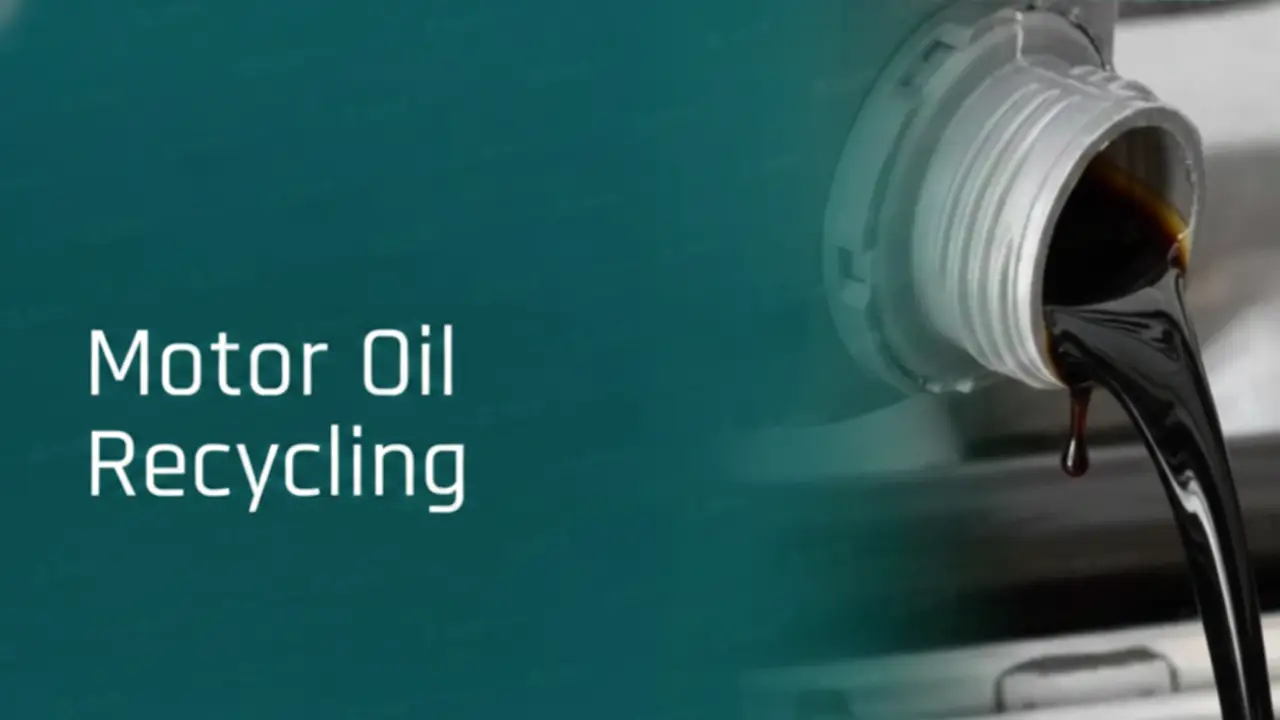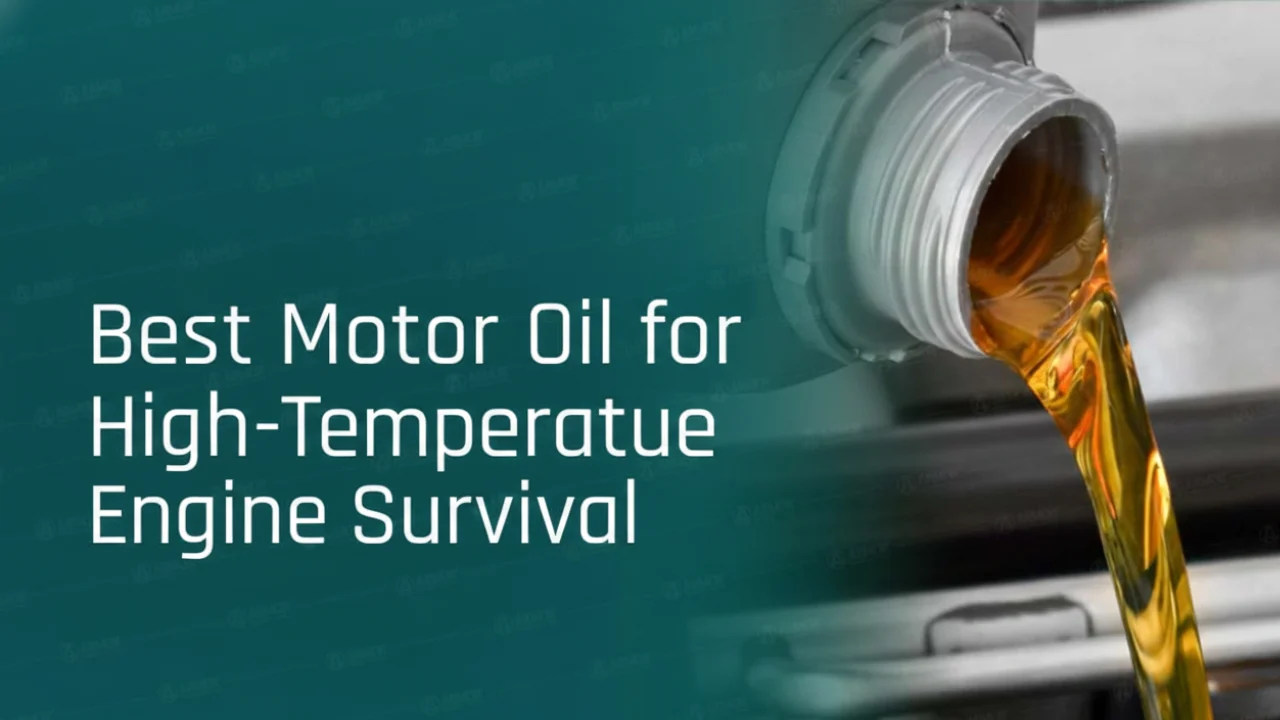- Armor Blog
- Vehicle
- Engine lubrication for fleet owners’ vehicles
Lubrication System

The lubrication system of a fleet vehicle is the most important component in maintaining the efficiency and reliability of the engine. The engine oil, transmission fluid, power steering fluid, brake fluid and coolant are all critical to performance. Failure of any one or more components will result in reduced fuel economy and increased maintenance costs.
Lubrication for Fleet Vehicles:
Armor Lubricants reduce friction between moving parts. Bearings, gears, and brakes wear out due to friction. A premature failure could be caused by metal fatigue or corrosion as a result of this wear. When tires and rims fail, they must be replaced, which increases repair costs.
Vehicles of different manufacturers with similar design features can operate at their best under similar conditions (elevation, temperature). An engine’s oil reduces friction between all moving parts. The result is reduced friction and more efficient movement of internal components. When exposed to water or other liquids (such as fuel), oil provides a natural barrier against corrosion.
Changing the oil regularly keeps it clean and free of dirt, dust, and water. As a result of oil contamination, sludge and carbon deposits can cause severe performance issues. When you change your car’s oil, you’re replacing the dirty old filter. Change your car’s oil every 3 months (or better yet, every 6 months) throughout its life.
The Different Types of Engine Lubricants Available
Depending on the application, lubricants are used. There are different types of lube oil for cars, industrial, and marine applications.
Role of a Lubricant
Some of the key roles that lubricant plays in the automobile applications are as follows:
- Reduce friction
- Transfer heat
- Prevent corrosion
- Protect against wear
- Carry away contaminants
- Transmit power
- Act as a seal
Engine oil: Engine oil is the most common form of lubricant.A viscosity index improver is added to multi-grade oils to make them viscose.
Gear Oil: Transmissions, transfer cases, and differentials are used in cars, trucks, and other machines. To deal with hypoid bevel gears and combat wear, gear oil usually has an extreme pressure additive.
Greases: Greasing the suspension and steering joints prevents premature wear and tear. Oil can be petroleum-based or synthetic based on the viscosity of the oil. In grease formulations, anti-wear and extreme pressure additives can be included.
Brake Fluid: For a car’s brake system to work properly, it needs brake fluid. Brake fluid is made of ethylene glycols and corrosion inhibitors.Their high temperature performance makes them ideal for brake systems.
Hydraulic oil: Hydraulic systems require force to activate from one point to another, such as power steering. In hydraulic oils, additive packages are used to prevent wear and corrosion.
How to Choose the Right Lubricant for Your Engine
Choosing the right lubricant for your engine can be a bit of an art form. Your engine’s compatibility is important, as well as choosing the right lubricant.
- Oil Viscosity: Viscosity refers to how thick or thin oil is at room temperature (25°C).Oil viscosity affects how well metal parts are able to move freely under pressure
- Climate: Climate is another factor that affects lubricant choice; motor oils are designed for specific temperature ranges
- Longevity against metals: Oils are tested for their longevity against metal parts in your engine block and cylinder head during high speeds and extreme conditions, such as winter and summer
Using our recommended Motor Oils, you can see what oils are best suited for each type of vehicle based on its climate zone!
Changing your Engine’s Lubricant Regularly
- Oil keeps your Fleet vehicle’s engine running smoothly. Depending on how much you drive, you should change your oil every 3 months or 6 months. When there are no other cars around, it is the best time to change the oil.
- Change the oil every 1,500 miles and replace the air cleaner filter every year. If you drive through dirty areas, you should change your oil every year. Replace the filter as soon as you notice a noticeable drop in performance
The three most important oil qualities for lubricating heavy-duty engines are friction control, wear control and sludge and deposit control. A lubricant that is too runny will not prevent metal surfaces from wearing down and increase fuel consumption. A low viscosity engine oil with special anti-wear compounds protects all components while reducing friction within the bearing.
Conclusion
Armor Lubricant specializes in Fleet vehicle high-performance engine oil. Well-balanced engine oil with detergents and dispersants prevents deposits from accumulating and actively removes existing deposits, extending the engine’s lifespan. Increasing the return on equipment investment by getting those extra hours out of each vehicle in your fleet.




 Spear Lubricants
Spear Lubricants Armada lubricant
Armada lubricant Ace lubricants
Ace lubricants Perfect lubricants
Perfect lubricants Enzo lubricants
Enzo lubricants Lawrence lubricants
Lawrence lubricants